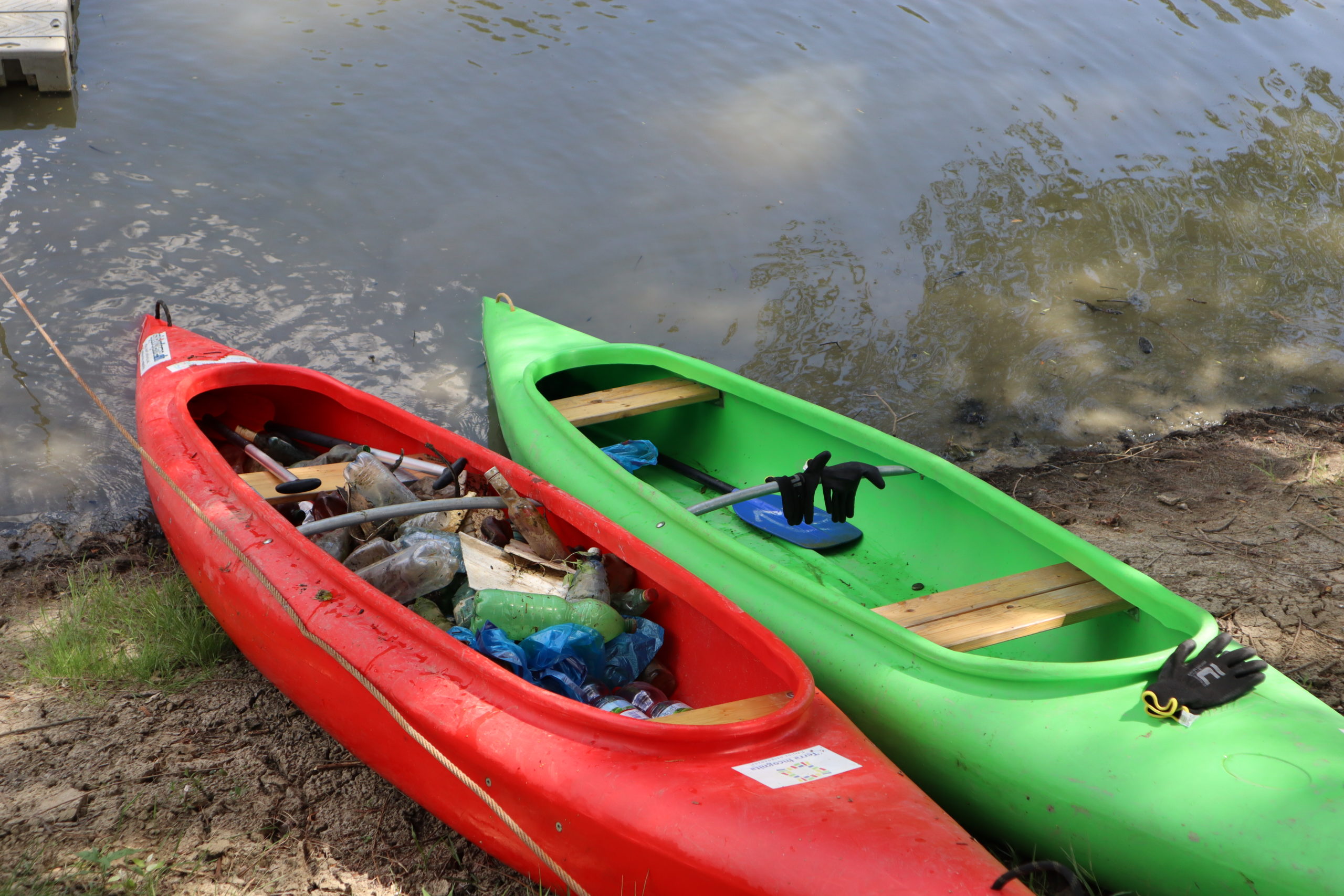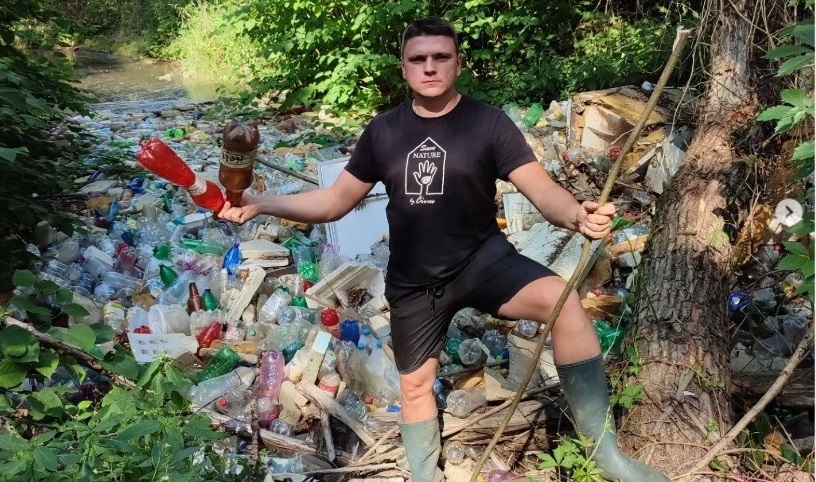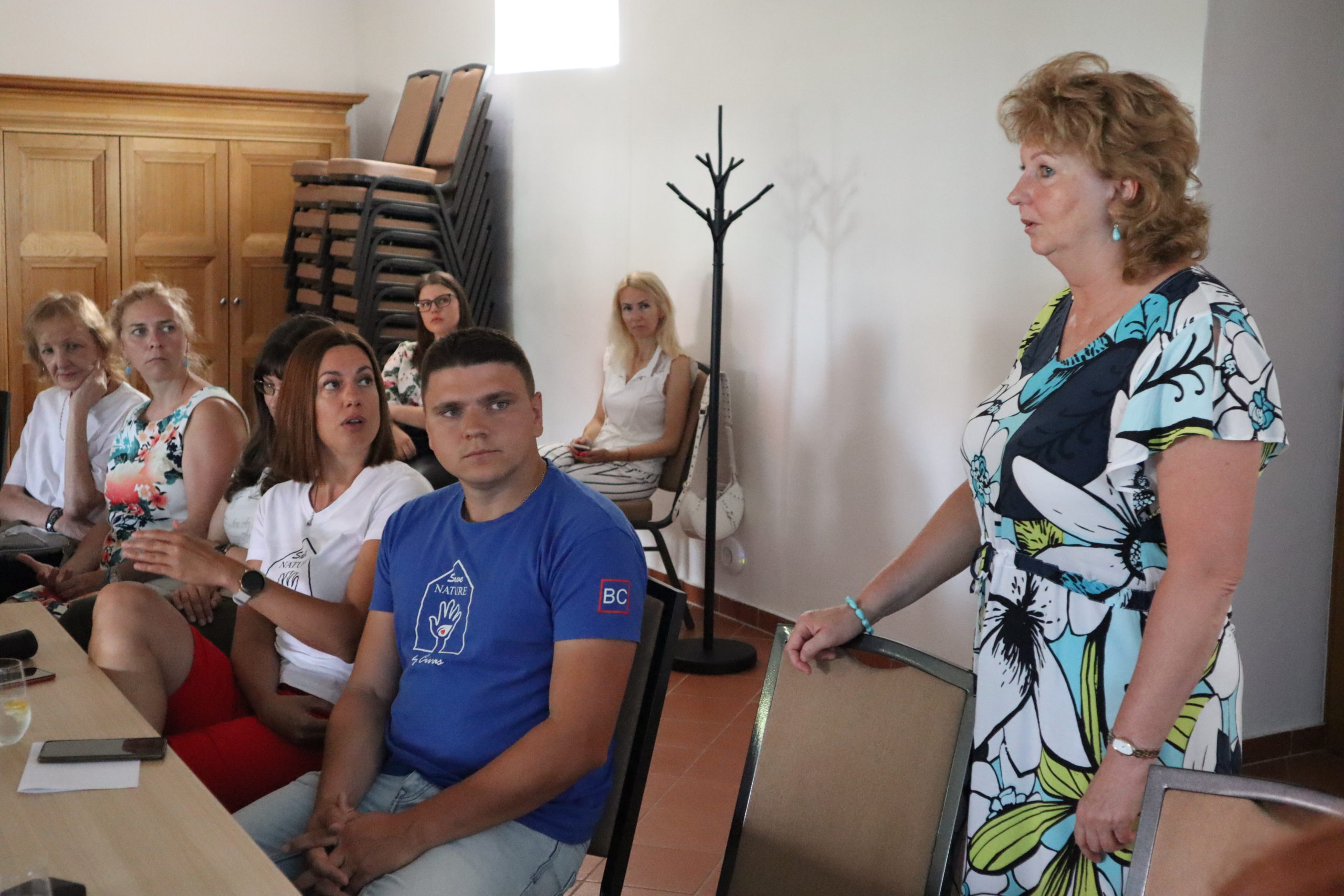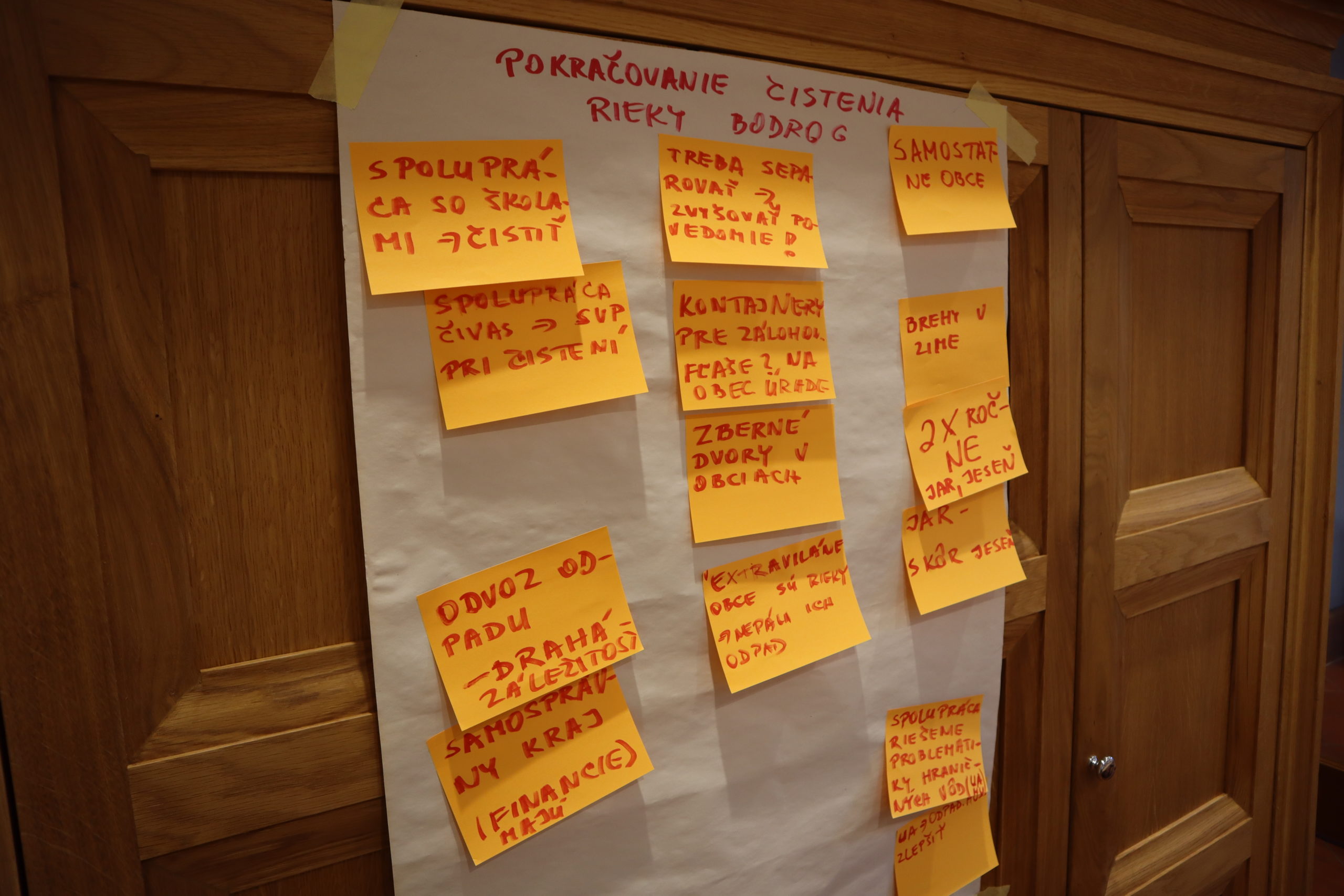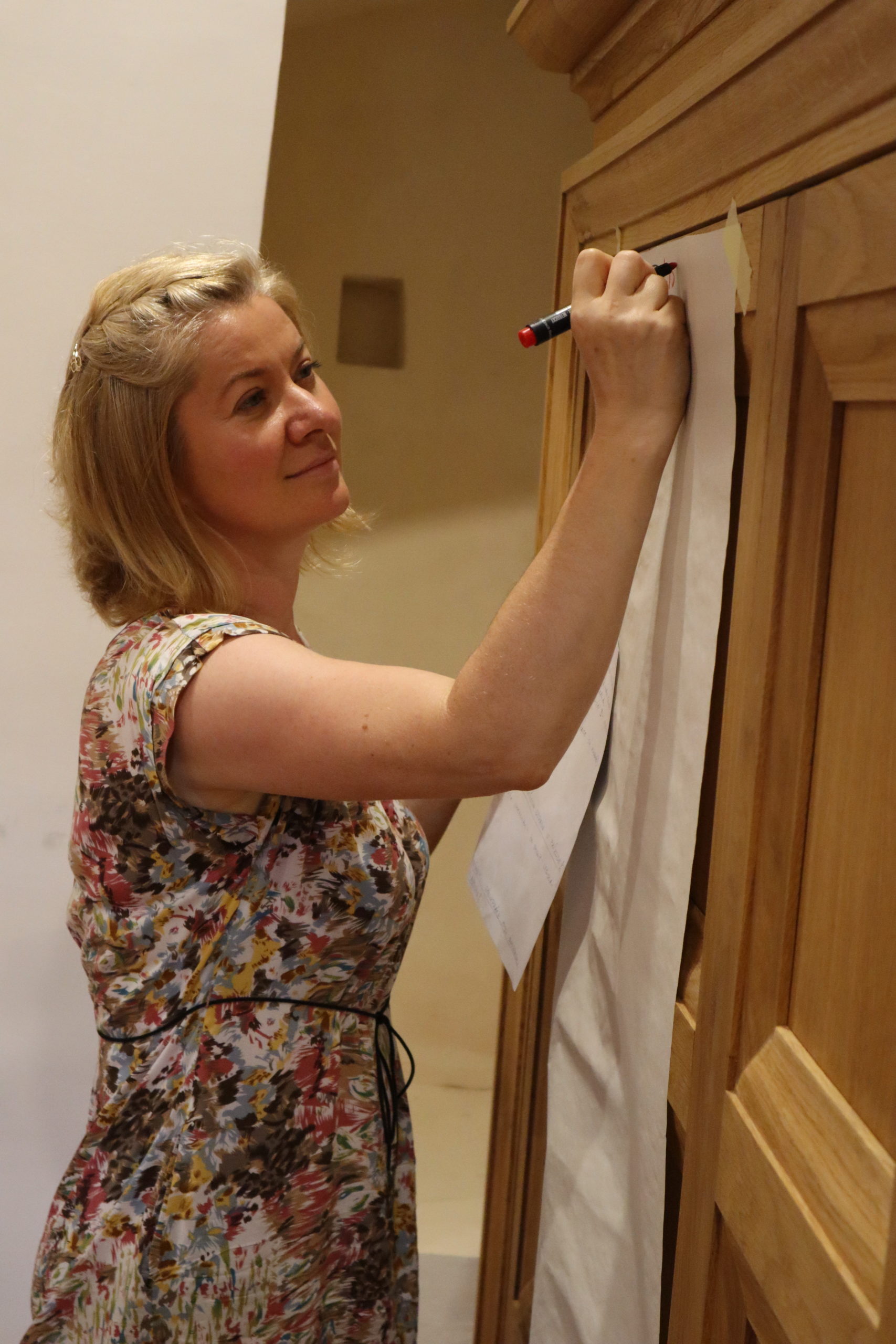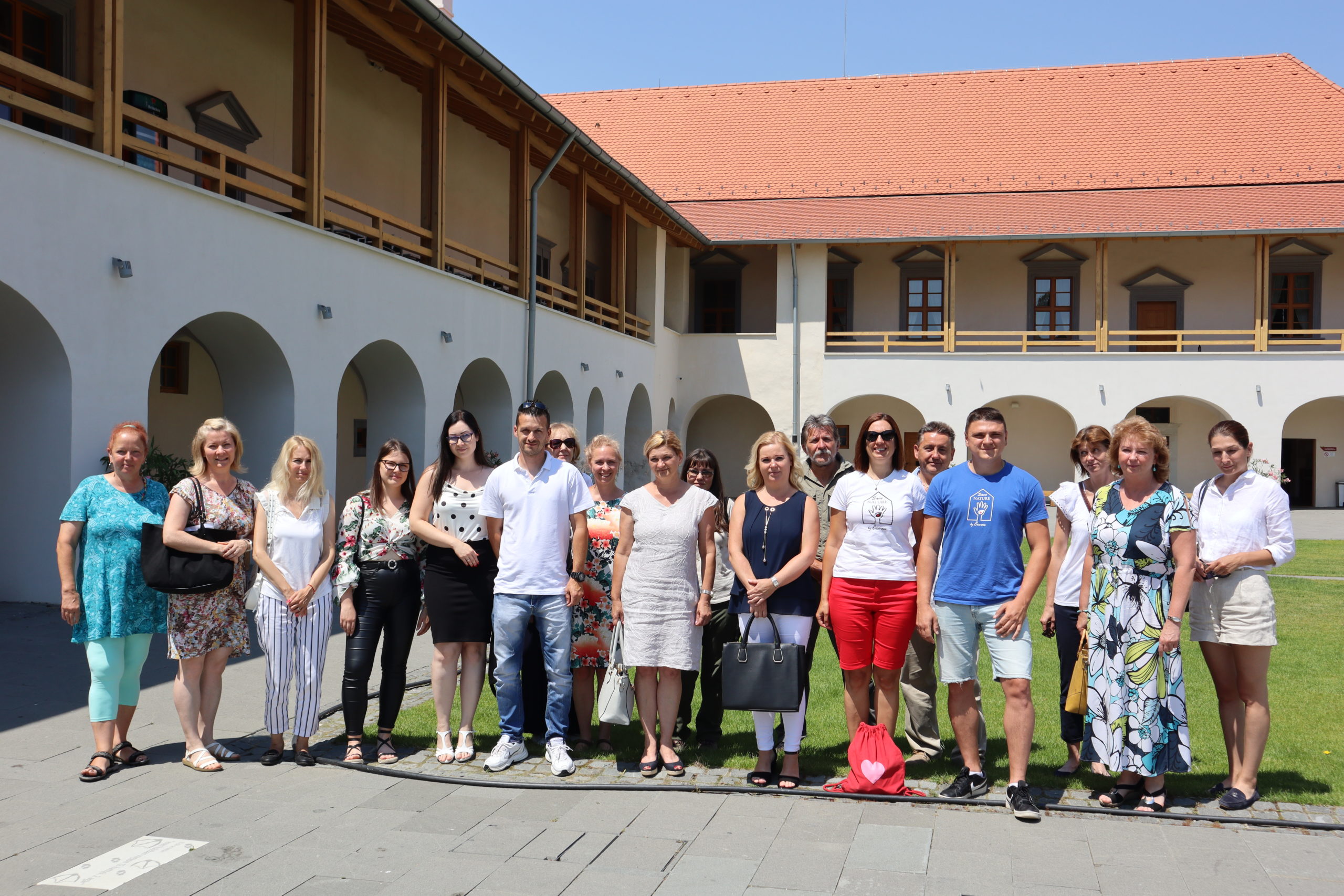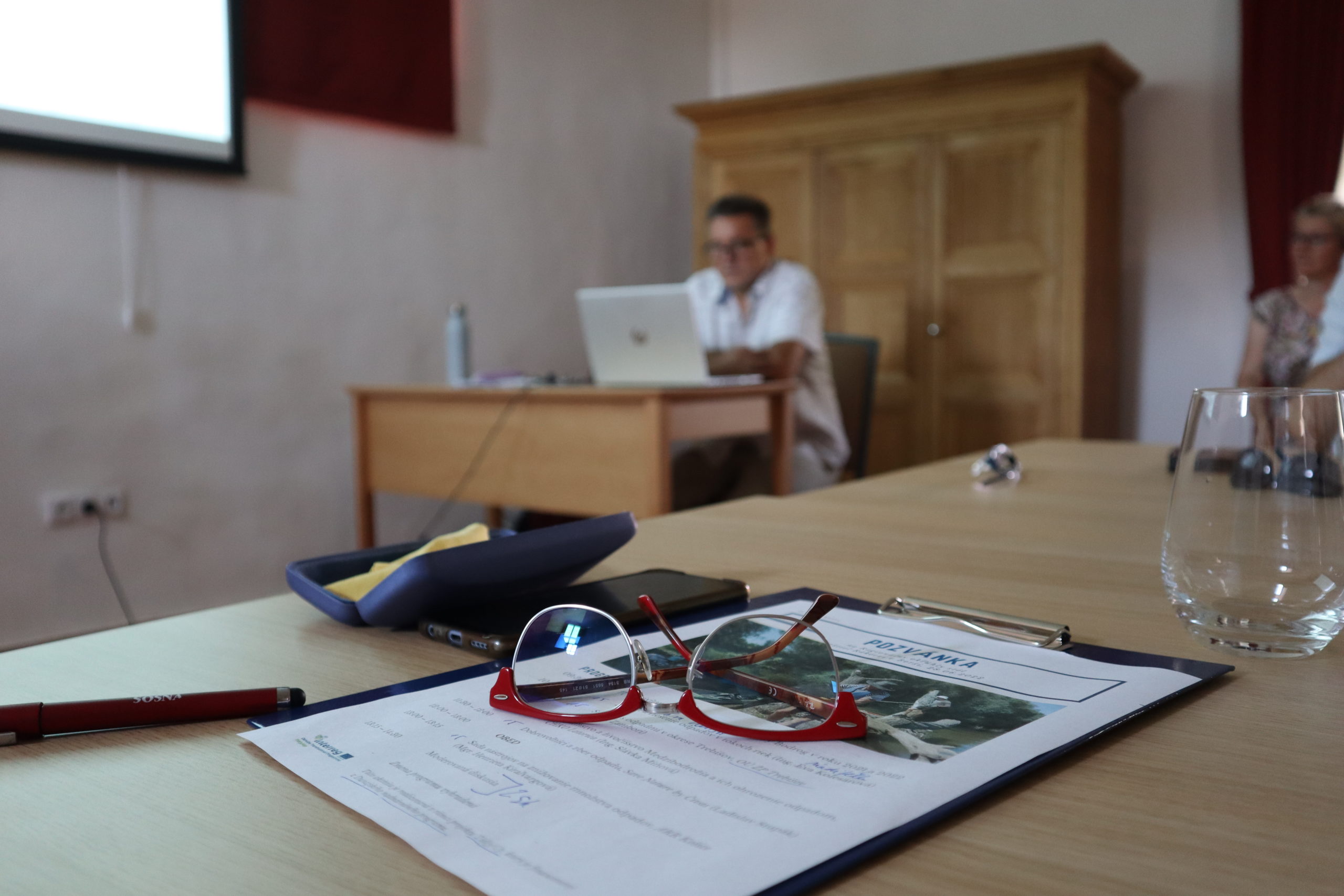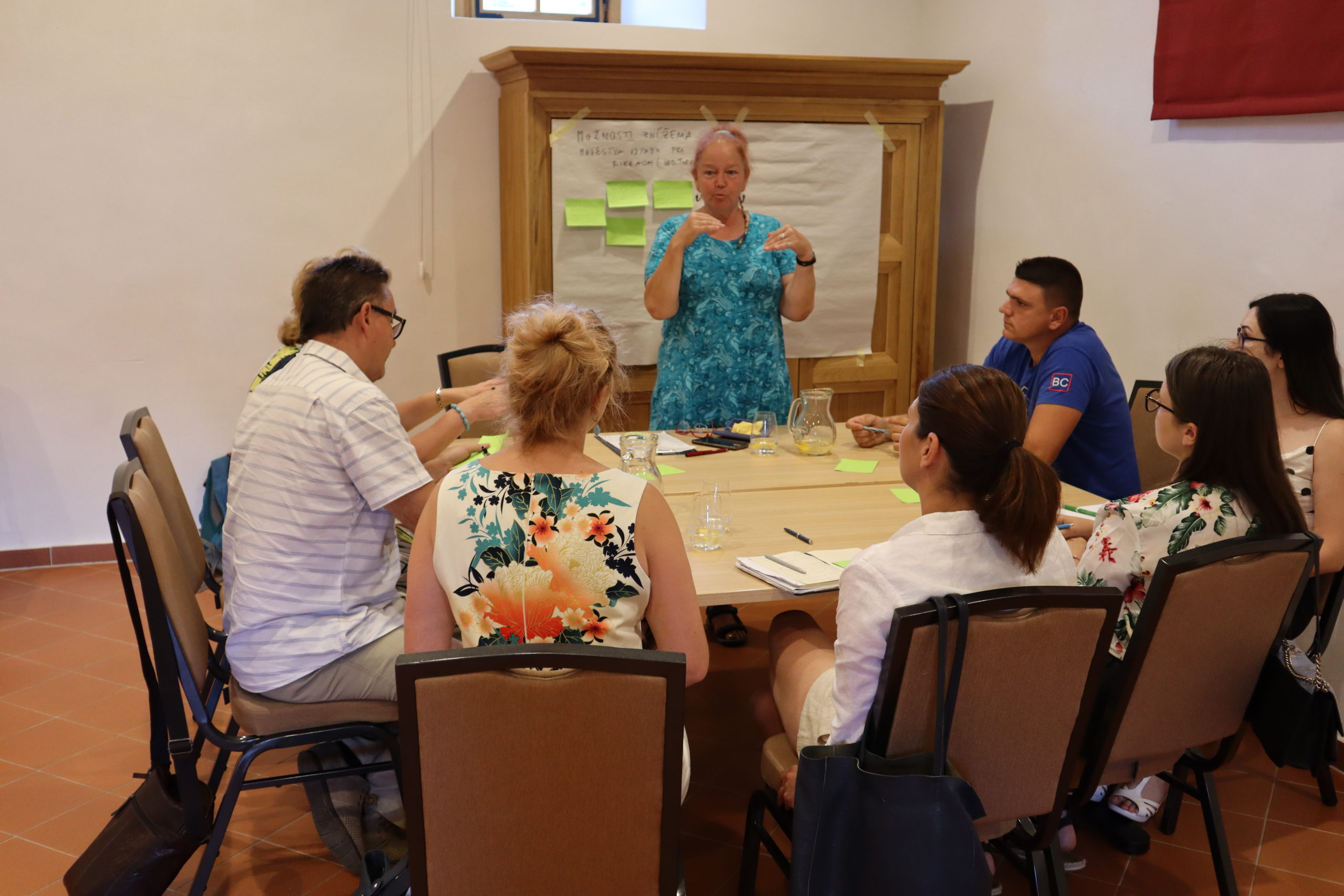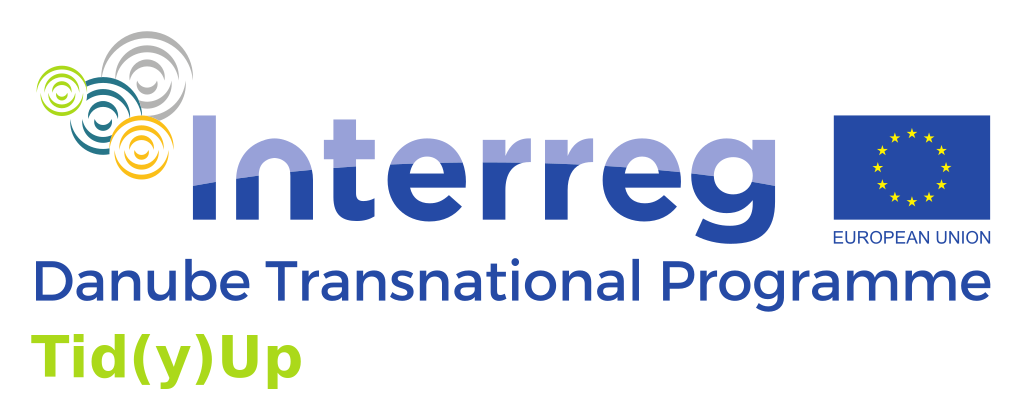Massive pollution of waterways flowing near segregated communities, cross-border pollution, especially during periods of increased water levels, and persistent lack of awareness that waste does not belong in waterways are perceived by the Slovak Water Management Enterprise as the biggest problems with waste in rivers. Environmental District Office in Trebišov agree that the main problem is the low awareness of residents about the waste management system in the region.
How to minimize the amount of waste in nature?
Invited representatives agreed that there are two ways to improve awareness of environmental pollution: through schools (by educating children) and through local governments (from the position of the mayor).
But of course, there are also other options.
- introduce separate waste collection in schools, educate children in environmental protection, waste separation, start a competition between local schools, which will sort the most waste, collect the waste outside the schools during “Earth Day”
- to introduce collection containers for clothes, start a competition “collects the whole family”, which will sort the most waste, construct collection yards in municipalities, establish municipal composting sites
General suggestions for minimizing waste:
using your own shopping bag, bottles; shopping in the unpackaged stores; consider buying unnecessary things and food so that you don’t produce waste; buying the things in ecological packaging; in the villages disposing of biological waste in households garden, burning the paper and unnecessary wood in the fireplace; communicate with Fishing union about the illegal shelters by the rivers; the legislation should be practical and for the people not for the state; accepting comments during the creation of laws at the national level and of course, using the backup of plastic bottles as in Slovakia the PET bottles can be brought back to shops – only problem is in small municipalities, where shops do not have containers for backup bottles.
Continuation of the cleaning of the river Bodrog
Everyone agreed that it is necessary to continue in the cleanups. Suggestions were made that cleaning should be carried out twice a year, the banks can be cleaned in winter, and waste from the water could be collected either in spring or autumn. Most of the participants agreed that autumn was probably better.
Participants agreed that it is necessary to involve local schools in the cleanups to change the mindset of local children and to raise awareness about the waste separation in the local municipalities.
To construct collection yards in municipalities so inhabitants will not take the waste to nature as there is a year-round possibility to hand over the municipal waste to the collection yard.
The Slovak Water Management Enterprise and NGO Save Nature by Čivas agreed on further cooperation in waste collections from rivers and from nature during the roundtable.
A few other ideas:
The meeting was attended by representatives of the municipalities of Zemplín, Ladmovce, Svätá Mária, Viničky, Borša, representatives of the Protected Landscape Area of Latorica, the District Environmental Office of Trebišov, Save Nature by Čivas and the Slovak Water Management Entreprise – Trebišov District.
The Tid(y)Up project is an international environmental project led by a major partner from Hungary, where we work with other foreign partners to reduce plastic water pollution and thus improve water quality in the Tisza River (Bodrog is a tributary) and the lower reaches of the river. Danube. The project pays special attention to the detection and elimination of macroplastic deposits accumulated on the shore, microplastic contamination floating in the water and the dissemination of knowledge in this area.
#dtptidyup #interregtidyup


